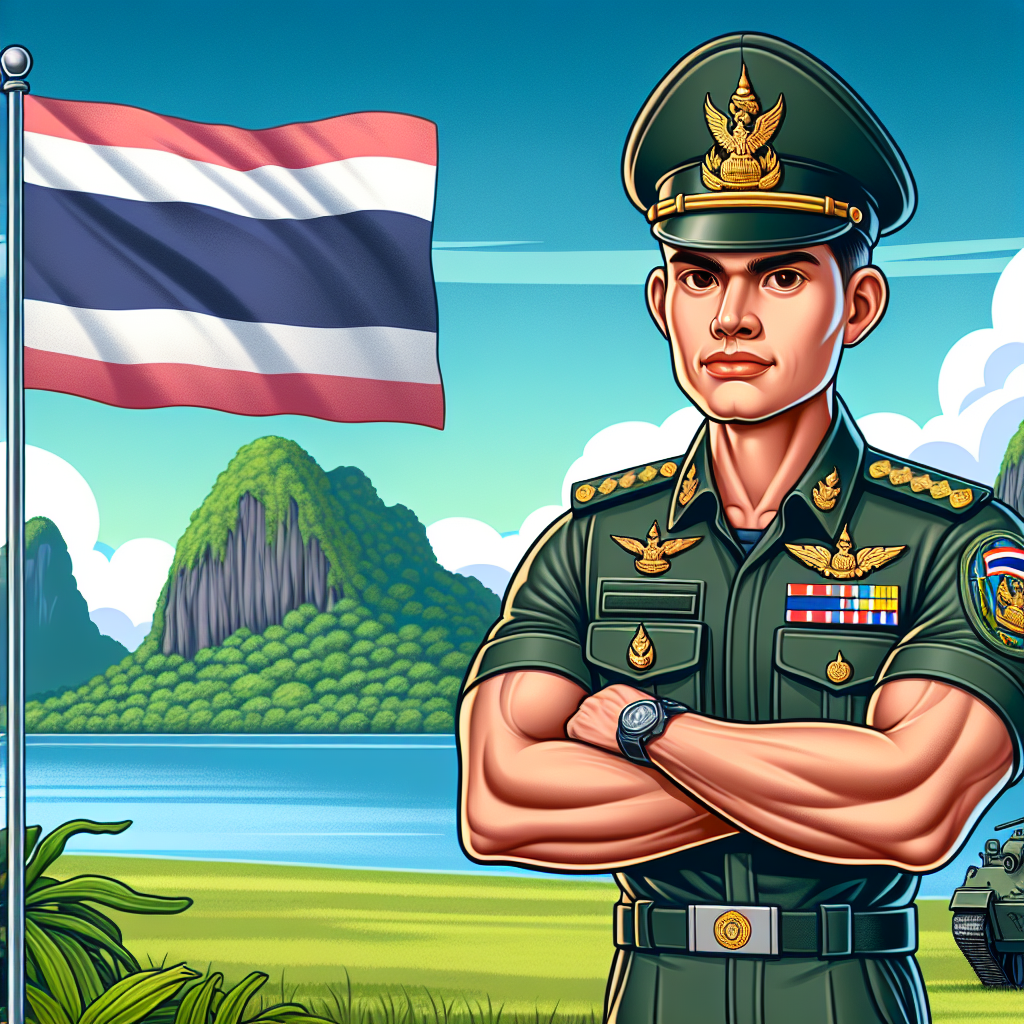UN Urges Thailand and Cambodia to Uphold Ceasefire, Protect Displaced Civilians
According to UN estimates, the recent escalation has displaced over 180,000 people on the Thai side of the border and approximately 169,000 on the Cambodian side.

- Country:
- Thailand
UN High Commissioner for Human Rights Volker Türk has issued a strong appeal to Thailand and Cambodia to fully implement and respect the ceasefire agreement reached earlier this week. The High Commissioner’s statement comes amid growing concern for the safety and rights of hundreds of thousands of displaced civilians caught in the wake of recent cross-border tensions.
The ceasefire, brokered with the help of Malaysia in its role as current ASEAN chair, was formally agreed on Monday, marking a vital pause in hostilities that have destabilized border regions and forced large-scale evacuations on both sides.
“Particularly at this time of increasing conflicts and crises around the world, I wholeheartedly welcome the ceasefire agreed between Thailand and Cambodia,” said Türk. “This crucial agreement must be fully respected, in good faith, by both sides, as diplomatic efforts continue, in a bid to resolve the root causes of the conflict.”
Displacement and Humanitarian Concerns
According to UN estimates, the recent escalation has displaced over 180,000 people on the Thai side of the border and approximately 169,000 on the Cambodian side. Many families have been forced into temporary shelters, facing harsh conditions, food insecurity, and inadequate medical care.
Türk stressed that protecting these civilians must be a top priority, and both governments must take action to restore border security, facilitate humanitarian access, and ensure displaced persons receive assistance and redress in line with international humanitarian and human rights laws.
“It is important that victims of violence and displacement are not forgotten,” he said. “They must be treated with dignity and receive the support they need to rebuild their lives.”
Combating Hate Speech and Misinformation
The High Commissioner also called for an immediate end to inciteful rhetoric and misinformation, which have been identified as key drivers of rising tensions. Social media platforms and certain political groups have reportedly contributed to spreading false or inflammatory narratives that worsen community-level distrust.
“In a tense situation of this kind, it is important that both Thai and Cambodian authorities take steps to rebuild confidence, counter harmful rhetoric, and address misinformation in accordance with international human rights law,” said Türk.
He urged both countries to remain vigilant in preventing hate speech and xenophobia, especially against foreign nationals residing within their borders.
Protection of Foreign Nationals
Highlighting the increasing risks faced by migrant workers, cross-border traders, and ethnic minorities, Türk reminded both Thailand and Cambodia of their legal obligations to protect each other’s nationals.
“It is the responsibility of both governments to ensure the safety and protection of each other’s nationals on their territory,” he said.
The region is home to tens of thousands of Cambodian workers in Thailand and vice versa. These individuals are particularly vulnerable during political or military crises, facing harassment, exploitation, or deportation.
A Path Forward Through ASEAN
The ceasefire agreement is seen as a crucial achievement for ASEAN diplomacy, with Malaysia playing a pivotal role in facilitating talks. Observers note that this is a significant opportunity for the bloc to demonstrate its capacity to mediate regional disputes peacefully, a goal central to ASEAN’s founding principles.
While tensions have de-escalated for now, experts caution that the underlying issues—including border disputes, resource competition, and minority rights—remain unresolved.
The UN’s Role in Supporting Peace
The UN Office of the High Commissioner for Human Rights (OHCHR) has pledged to continue monitoring the situation and supporting efforts toward peaceful conflict resolution, rights-based governance, and humanitarian access.
Türk concluded with a reaffirmation of the UN’s commitment:
“We urge both sides to seize this moment to pursue lasting peace through dialogue, justice, and mutual respect. Civilians must not be made to suffer the consequences of political or military disputes.”
The next steps will require continued diplomacy, sustained humanitarian support, and political will to uphold international norms and prevent future outbreaks of violence.
ALSO READ
Supreme Court to Decide Rohingyas' Fate: Refugees or Illegal Entrants?
EU Strengthens Lifeline for Sahrawi Refugees with €5M Annual WFP Aid Support
Committed to peace, security and rules-based order in Indo-Pacific; support freedom of navigation as per international laws: PM Modi.
UNHCR urges Pakistan to stop forced returns of Afghan refugees
Canada's Airdrop Aid to Gaza Amid International Law Dispute









